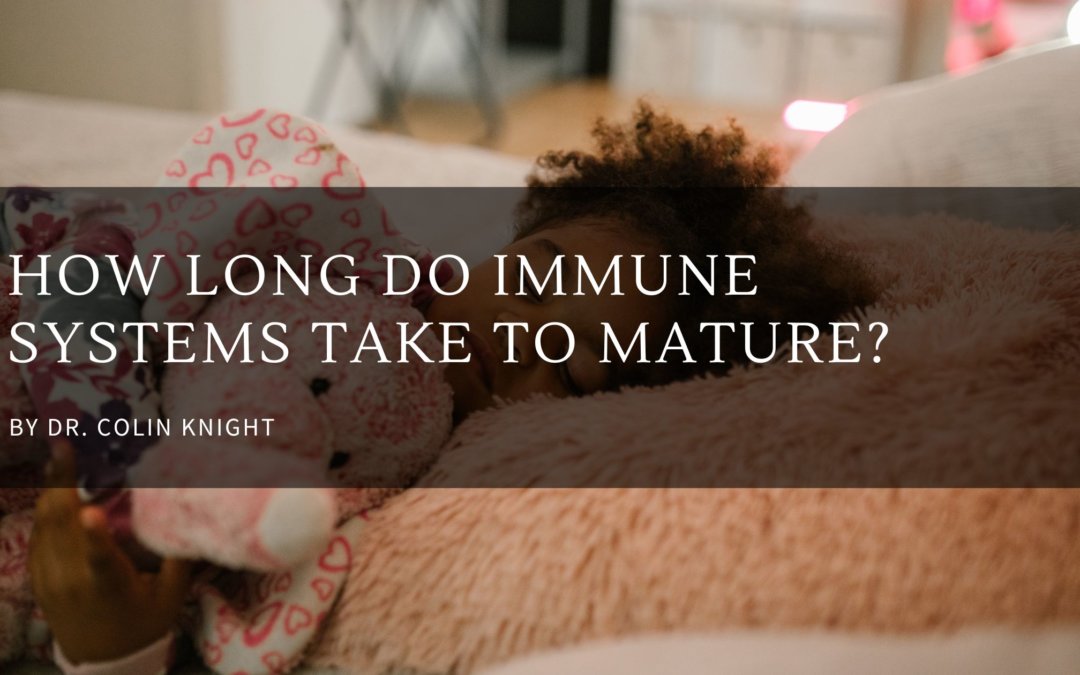The short answer is that a baby’s immune system is developed at around two to three months old. However, a 2-week-old baby can fight off viruses almost is effectively as a 3-month-old can.
How can you help
Having babies vaccinated and breastfeeding can help strengthen their immune systems and prevent them from getting sick.
What is the immune system?
The immune system is a collection of proteins and cells that can help fight harmful germs in your body that can cause illness.
The immune system can start acting immediately if a foreign substance, such as a virus or bacteria, enters your body. When white blood cells notice the presence of a foreign object, they make special proteins that can help fight the infection.
After producing antibodies, the immune system can “remember” the presence of the virus or bacterium. This process helps the body fight the harmful substance more effectively.
The immune system in babies
When a baby is born, their immune system is still developing. However, as they age, their system gets more robust and can help fight harmful germs that can cause illness.
During the third and final trimester of pregnancy, a mother’s antibodies are shared with her baby. These antibodies help protect the child from illnesses. The antibodies a mother passes on to her child can vary depending on her immunity level.
Our gut flora contains good bacteria that can help our immune system function properly. Following the birth of a baby, these beneficial microbes can start living in the infant’s gut.
Boost your baby’s immune system
After a few weeks or months, the immunity that a mother provides for her child will expire. However, their immune system makes new antibodies to protect them whenever a baby gets infected with a harmful substance, such as a virus.
Breastfeeding
Breastmilk contains various nutrients that can help build a baby’s immune system, such as proteins, fats, sugars, and probiotics. Additionally, the mother’s milk can contain antibodies that help protect her child from illness after she gets contaminated with germs.
Breastfed babies have fewer infections than formula-fed babies and are more likely to get better quickly. For mothers who cannot breastfeed, infant formula is a healthy alternative.
Unfortunately, breastfeeding can’t fully protect a baby from certain life-threatening illnesses, such as measles, diphtheria, and polio. For these, vaccines can help protect a child.
Vaccination
One of the most effective ways to protect children from serious illnesses is by vaccinating them.
Vaccination aims to trigger an immunological response without the actual illness. This happens when the child’s immune system recognizes the introduced substance and begins attacking it.
Some vaccines like whooping cough and flu can be given to the mother during her third trimester. This can help protect their unborn child from the illness.
At birth, babies get their first vaccines. They are then given other shots at around six weeks, four months, and six months.
Diet
Fresh fruits and vegetables can help keep your baby’s immunological system healthy as they start to eat solid food. You can also keep breastfeeding while your child is eating solid food.
